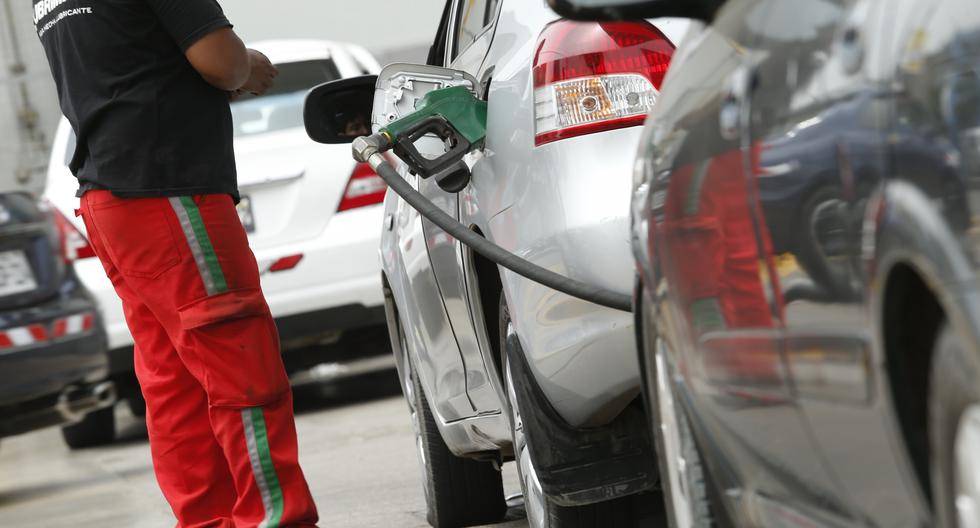He said the country pays more than 20% of its revenues in debt interest, but other nations only pay 10%.
The inflation which has been close to 10% for two years is a lot for the country that had years without exceeding 3%, which is the result of the pandemic, the rapid recovery of the economy, the monetary push, the problems in the supply chain and finally the war in Ukrainesaid the former director of Internal Revenue Magin Diaz.
“It is a combination of facts that has caused inflation to be around the world: in the United States, the highest in 40 years; in England 10%, which is a lot, in Europe there is inflation and in South America. It is clearly a global phenomenon,” said Díaz, interviewed on the “McKinney” program.
He explained that in the face of this inflationary phenomenon, governments grant subsidies and central banks have had to contract the money in circulation by raising interest rates.
He said that even though the inflation in the country is a little above the average for Latin America, the Dominican economy grew twice as much as the region did, pushed by the expansion of the money supply that now has to contract a little.
We invite you to read: Abinader cites measures to control rise in inflation
The former director of Internal Taxes valued as positive the measures that the government has adopted to control inflation, such as the fuel subsidy, fertilizer subsidy, more money to Inespre to install popular markets, “in a range of measures very similar to those taken by Leonel Fernández in 2008 with the price crisis that occurred in that year”.
Díaz maintained that this subsidy policy will increase debt and fiscal deficitbut the only way to deal with inflation is by giving subsidies.
As for the debt, he said that it is growing at a rate of 4.5 billion dollars a year, which in his opinion does not represent a serious problem for the country.
“There is no imminent crisis and one of the reasons is that we (the country) are doing much better than the rest of Latin America in terms of economic stability, politics and growth,” Díaz said.
However, he pointed out that what the country pays for interest on the debt represents more than 20% of total government collections, which he considered is a lot because other similar countries pay just 10 percent.















